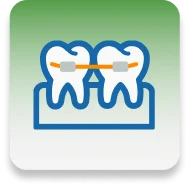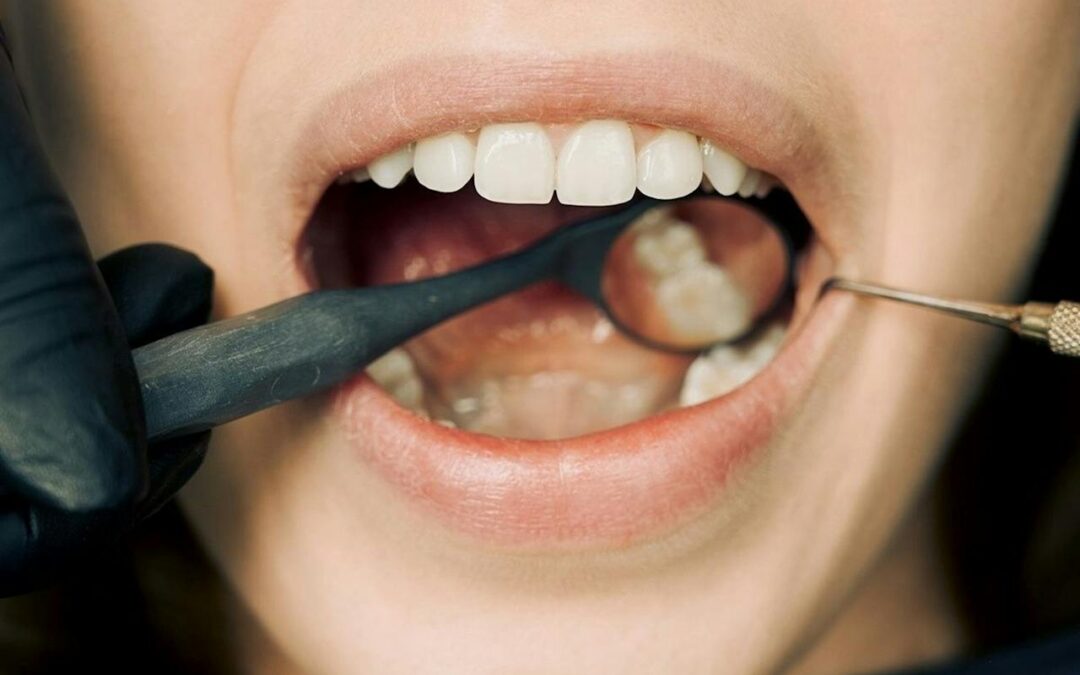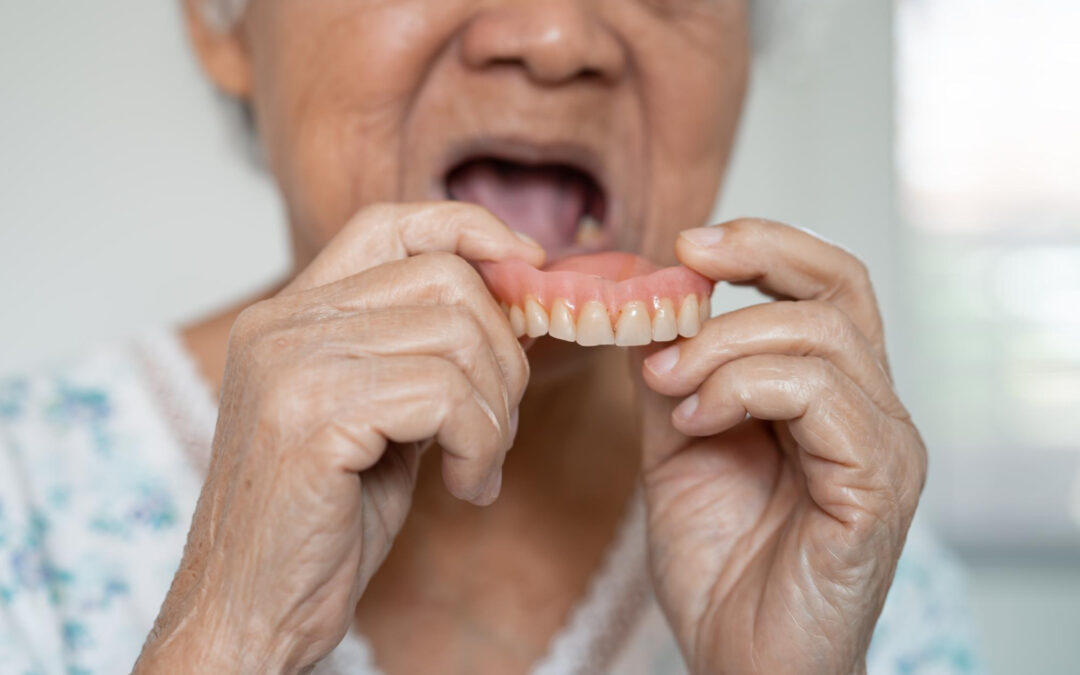Maintaining a beautiful and healthy smile is crucial for well-being and confidence. However, sometimes dental issues, such as decayed or damaged teeth, can affect the appearance and functionality of teeth.
Thankfully, advancements in dentistry have given us numerous solutions for restoring our pearly whites—one of which is dental crowns. With that in mind, let’s take a deep dive into everything you need to know about dental crowns, including their types, benefits, and the procedure involved, so you can make an informed decision about your dental health.
The Importance of Dental Crowns
Dental crowns are an essential part of restorative dentistry that addresses a wide range of dental issues. Damaged, decayed, or weakened teeth can affect your oral health and compromise your self-esteem and quality of life. Dental crowns offer a versatile solution, providing functional and cosmetic benefits for patients. Some common reasons dentists recommend crowns include:
- Protection for teeth that have undergone root canal treatment or have large fillings
- Reinforcement for teeth that are cracked, worn down, or structurally weakened
- Restoration of dental implants for missing teeth
- Improvement of the appearance of discolored or misshapen teeth
Types of Dental Crowns
When considering dental crowns, it’s crucial to understand the various types available and their distinct advantages. Each material is designed to cater to specific needs and preferences, but your dentist will ultimately guide you toward the most suitable option. The four main types of crown materials include:
- Porcelain-fused-to-metal crowns (PFM) – PFM crowns are a popular choice because they offer a balance between durability and aesthetics. The underlying metal substructure provides strength, whereas the porcelain exterior is customized to match the appearance of your natural teeth. The downside of PFM crowns is that the metal substructure can sometimes become visible at the gum line over time, creating a dark line. Sometimes, the porcelain can chip off from the metal substructure. If this is in your smile line, it will need to be replaced.
- All-ceramic crowns—These are made entirely of ceramic, making them highly aesthetic and ideal for those who demand a natural appearance. They are suitable for patients with metal allergies and often used on front teeth due to their lifelike transparency. However, they may not be as strong as other types of crowns and might not be the best option for back teeth that endure higher chewing forces.
- All-porcelain crowns – Similar to all-ceramic crowns, all-porcelain crowns provide exceptional aesthetics. The primary difference between the two lies in the type of porcelain used, which can impact the crown’s strength and durability. All-porcelain crowns may be preferable for patients requiring a crown in a more aesthetically critical area, such as the front teeth. At Jordan Job, DDS we no longer use porcelain crowns due to strength concerns. We use a material called zirconia crowns which is very strong for grinders or clenchers. Primarily, we use these crowns for molars or premolars, but with the advancement of technology, they are also a very aesthetic option for patients.
- Gold alloy crowns – Known for their durability and biocompatibility, gold alloy crowns can withstand heavy chewing forces and resist wear and tear, making them ideal for back teeth. Although gold crowns are not as aesthetically appealing as ceramic or porcelain crowns, they require less tooth removal during preparation and offer reliable functionality.
- Lithium Disilicate or Emax Crowns – These are the most aesthetic crowns that we use. Emax crowns may be preferable for patients requiring a crown in a more aesthetically critical area, such as the front teeth.
The Dental Crown Procedure
The procedure for placing a dental crown typically requires two appointments. Your dentist will walk you through the process and ensure you’re comfortable during each phase. Here’s an overview of what you can expect:
- Examination and preparation: During your first appointment, your dentist will evaluate the damaged tooth to determine if a dental crown is the most appropriate treatment. Tooth decay and any old fillings will be removed before reshaping the tooth to accommodate the crown. This step may involve removing a small amount of enamel or building up the tooth structure with a special filling material.
- Impressions: In some cases, the dentist will then take an impression of the prepared tooth and the surrounding teeth using dental impression material. This mold is sent to a dental laboratory, where a skilled technician will custom-create your crown to fit precisely onto the prepared tooth. However, at Jordan Job, DDS, we rarely use this technique and instead use cutting edge technology with a crown scanner. The scanner takes multiple pictures of your teeth with amazing accuracy to obtain a much better fit for your crown.
- Temporary crown placement: While your permanent crown is being crafted, your dentist will place a temporary crown over the prepared tooth to protect it from damage. Temporary crowns are typically acrylic, carefully chosen to match the color of your surrounding teeth. At Jordan Job, DDS, we have acquired a dental milling machine that allows us to mill your crown on the same day as your crown preparation appointment. After scanning your teeth, we send your digital file to the milling machine. Milling takes around 40 minutes, and you can receive your new crown. This helps prevent having to come back for an appointment another day. We can also see you the following day if needed. We use our state-of-the-art dental lab to fabricate your new crown or bridge for more complex cases or multiple crown seating.
- Crown placement: Once your custom crown arrives, your dentist will remove the temporary crown and cement the permanent one in place. They will also check the alignment and bite to ensure a seamless fit and comfortable function.
Caring for Your Dental Crown
Taking good care of a dental crown can significantly prolong its lifespan, ensuring your smile remains healthy and beautiful for years. Regular dental checkups, daily brushing and flossing, and avoiding hard or sticky foods will minimize the risk of developing issues associated with your crown. With proper care and maintenance, your dental crown can last up to 15 years or even longer.
Understanding Dental Crowns
Dental crowns are a versatile and effective restorative dental treatment that provides numerous benefits, from preventing further tooth damage to enhancing the appearance of your smile. With multiple materials available, it’s essential to consult with your dentist to determine the most appropriate type of crown for your unique dental needs.
At Jordan M. Job DDS’s dental clinic, our dedicated team is committed to helping you achieve optimal oral health through personalized care and advanced dental solutions in Ohio. Book a consultation with us today to discuss whether dental crowns could be the key to unlocking your perfect smile!
















